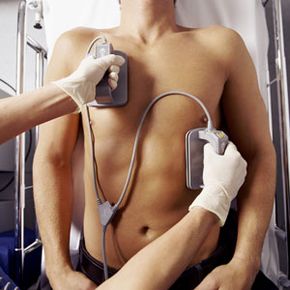Do you find you constantly have too much to accomplish and too little time to get it done? Does your daily commute make you arrive at work angry and come home worn out? Do relationship struggles take their toll on you and your physical well-being? Can you literally feel the stress in your body? Well, you're not alone. As many as 40 percent of employees claim they're burned out because of work-related stress. It accounts for an astonishing loss of $300 billion each year in the workplace in the United States alone [source: National Institute for Occupational Safety and Health].
In this busy day and age, stress has a serious impact on our lives. One-third of Americans live with what they categorize as extreme stress. Half of them say that stress has a negative impact on their personal and professional lives, and 54 percent blame stress on the fights they have with loved ones. It's not surprising that 75 percent of Americans claim that money and work are the main causes of stress [source: American Psychological Association]. But it's not just a problem in the United States. Twenty-three percent of female and 19 percent of male executives throughout the world lay claim to feeling "super stressed" [source: National Institute for Occupational Safety and Health].
Advertisement
It's doubtful that anyone reading this article is surprised by any of these statistics. Our world moves at a breakneck pace, and there's a consistent onus put on us to work harder, move faster and get further before we die. Unfortunately, we could all die sooner because of this very notion. Stress not only causes depression and mental strain, but it has a big physical impact on your body as well.
Many of the things you might think are normal physical ups and downs are actually due to stress. That headache you always get may be caused by stress. Same with your asthma and eczema. The bad back you think is due to your advanced age? It could be because of stress. If you're constipated or have diarrhea, it might have more to do with stress than anything you've had to eat. These are just some of the effects of acute or temporary stress. Chronic stress over an extended period of time can do as much damage to your body as smoking, not eating right and failing to exercise.
Advertisement



